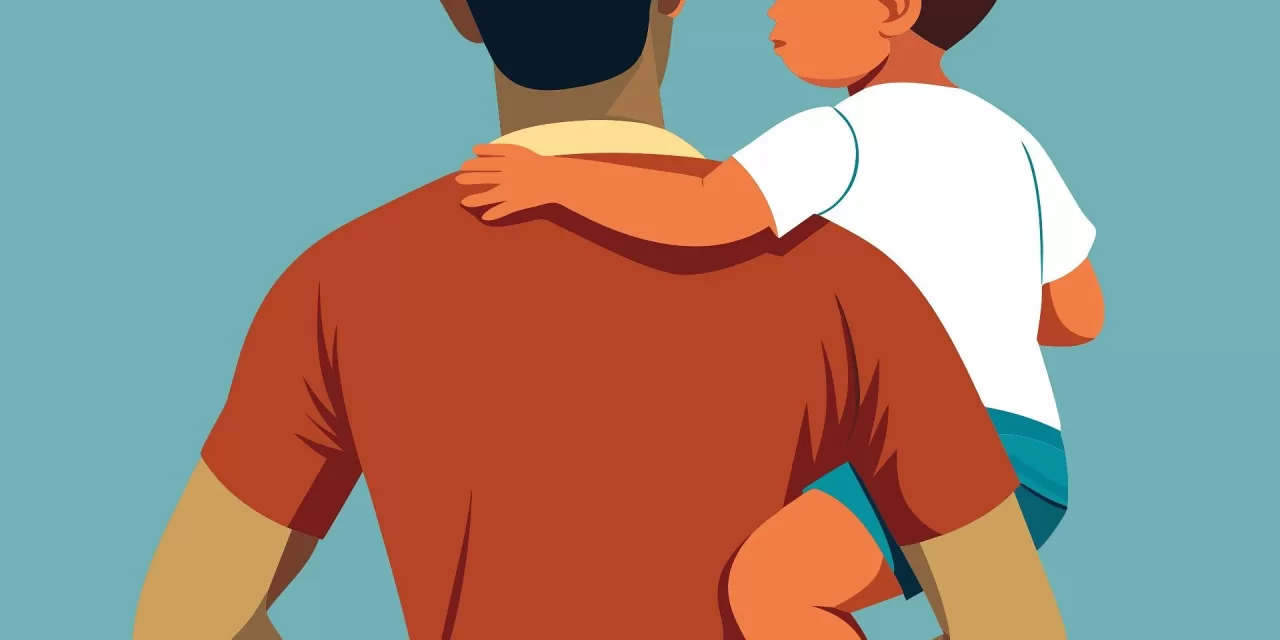Parents can communicate anxiety to their children through their words and body language, according to a study by psychologist Cosima Nimphy. The study found that children of anxious parents were more likely to report feeling anxious themselves, even if they did not exhibit physical signs of anxiety.
The study involved children of around 11 years old visiting the lab with a parent. At two points in time, an unknown person entered the room. Parents were instructed beforehand to say something positive about one of these people, and something negative about the other. The child was then left alone briefly, first with one of the strangers, and then with the other one. The children’s physical anxiety responses, such as heart rate, were measured.
Afterwards, they themselves reported how anxious they felt. The study found that children reported more anxiety about the person about whom the parents had made a negative comment than about the person who received a positive comment.
Surprisingly, these fear responses were not borne out in the physical measurements. Nor did these children exhibit more anxious behavior towards the stranger, for example avoiding them or looking away.
“This is also a reassuring result in some respects,” says Nimphy. “It means that children who tend to be more fearful are not directly more strongly influenced by negative instructions from their parents. And it may be more a matter of repetition of a lot of negative instructions over a long period of time.”
The study also found that words matter. Negative messages from parent to child had a great effect on their child’s anxiety, even after just a few times.
So, what can parents do to avoid communicating anxiety to their children?
- Be aware of your body language and words in new situations, particularly if you yourself tend to be anxious and avoid unknown situations.
- If you know you are more anxious, one tip is first to try out a new situation yourself, or with someone you trust. For example, take a ride yourself on the roller coaster before taking your child with you, or go and have a look in your child’s new class before the first school day. Then, when you go together you’ll most likely be more relaxed.
Finally, Nimphy stresses, “Remember, too, that showing anxiety is by no means bad; there are plenty of situations where transmitting that fear is also helpful.”












